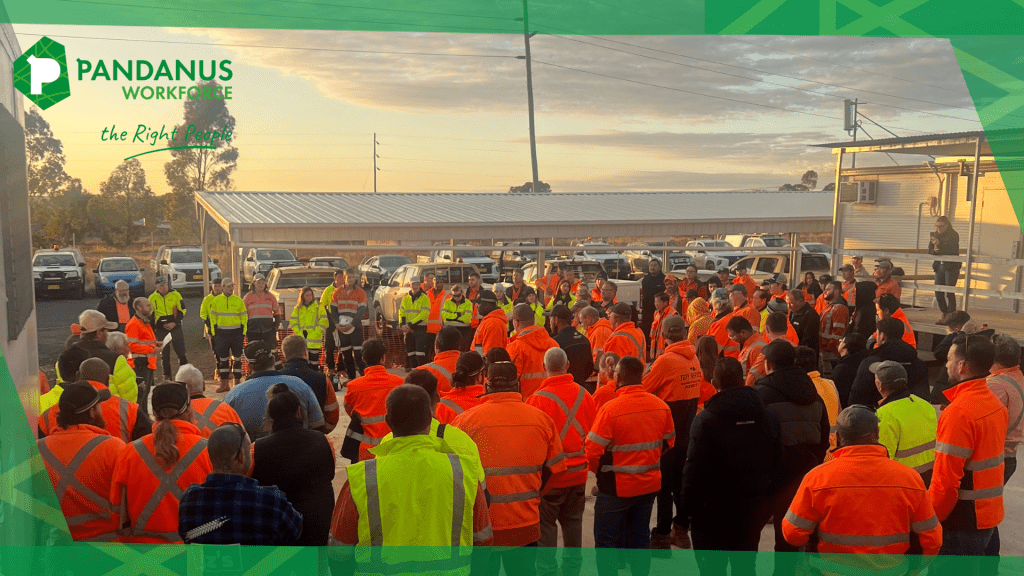
Finding Work
Are You Getting Paid Correctly?
You’ve worked a solid week, maybe even picked up an extra shift or covered someone’s Saturday. Then payday hits, and your bank balance doesn’t look…

You’ve worked a solid week, maybe even picked up an extra shift or covered someone’s Saturday. Then payday hits, and your bank balance doesn’t look…

The Brisbane 2032 Olympics are just around the corner, and with them comes a massive construction boom that’s set to reshape South East Queensland. From…

In high-risk sectors like infrastructure and renewables, even minor lapses in compliance or safety can derail entire projects. Therefore, choosing the right managed workforce partner…

Introduction: The Reality of the War on Talent Across Australia—particularly in regional markets—the war on talent is more intense than ever. Skilled workers are in…
